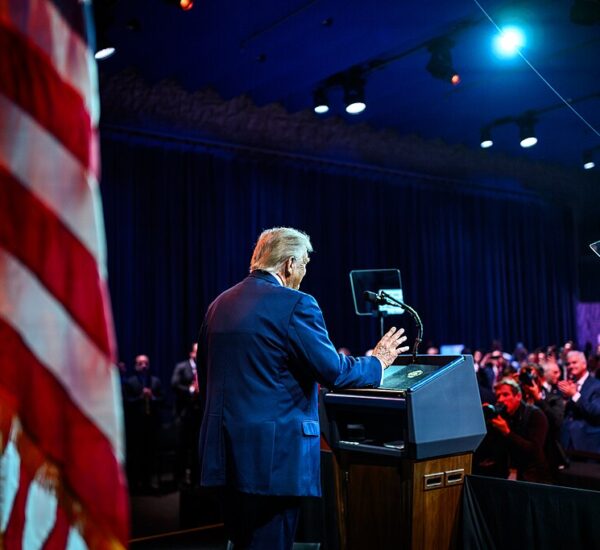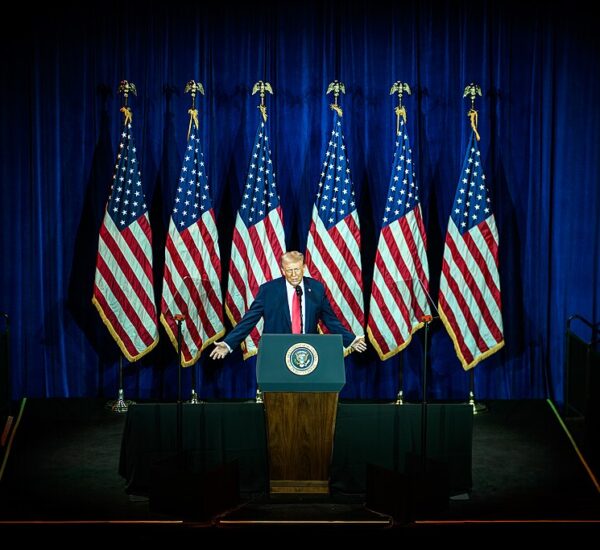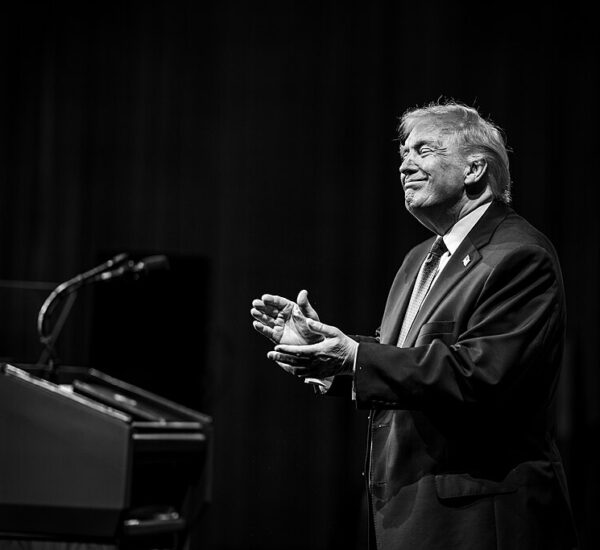Trump Put On No Fly List?
Here’s what you need to know…
Former President Donald Trump, now a convicted felon, may encounter challenges when it comes to international travel. Several countries, including the United States, have stringent regulations prohibiting tourists with felony convictions from obtaining travel visas.
However, Trump might face fewer obstacles entering countries that do not require visas for U.S. citizens, such as Argentina, Canada, Japan, South Africa, and the United Kingdom. Although U.S. passports do not disclose criminal records, he could face scrutiny if customs officials inquire about his criminal history.
New York immigration attorney Karin Wolman highlighted that if Trump were to secure a second term as president, his 34 felony convictions could significantly impact his ability to travel for diplomatic purposes. Countries like Australia, China, India, Israel, New Zealand, and Taiwan, all of which require visas, include questions about criminal records in their application processes.
Wolman explained that these countries primarily aim to exclude violent criminals and sex offenders. Since Trump’s convictions are non-violent, he would likely need to apply for waivers or temporary visas. The decision to grant these would depend on the individual country’s discretion regarding his felony convictions.
“It’s crucial to be truthful in the application process,” Wolman emphasized. “Any falsehoods on the visa application or during the interview can result in denial.”
Attorney Gadi Zohar added that while a criminal history can complicate visa applications, the situation is often different for diplomats. He believes that as president, Trump might still be granted entry into allied nations.
Wolman concurred, noting that heads of state and diplomats often receive exemptions or face fewer questions compared to regular travelers. Nonetheless, she reiterated that any attempt to hide a conviction would lead to automatic disqualification.
“Applicants are typically required to provide disposition records and evidence of serving their sentence,” she said, “but given the widespread media coverage of Trump’s convictions, it’s hardly a secret.”
In conclusion, while Trump’s felony convictions pose potential travel issues, the final decision lies with each country’s policies and their willingness to accommodate a high-profile figure like a former president.






